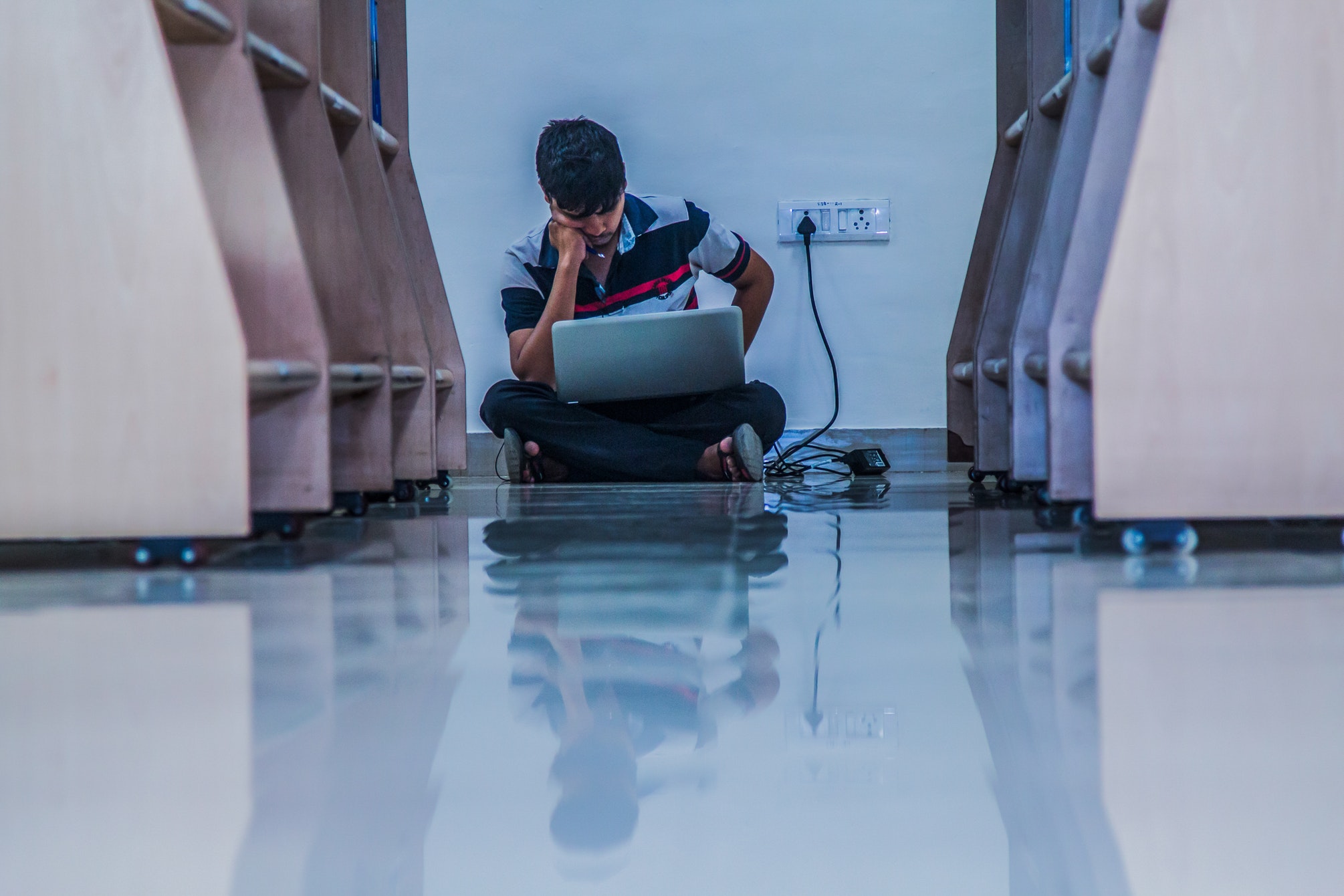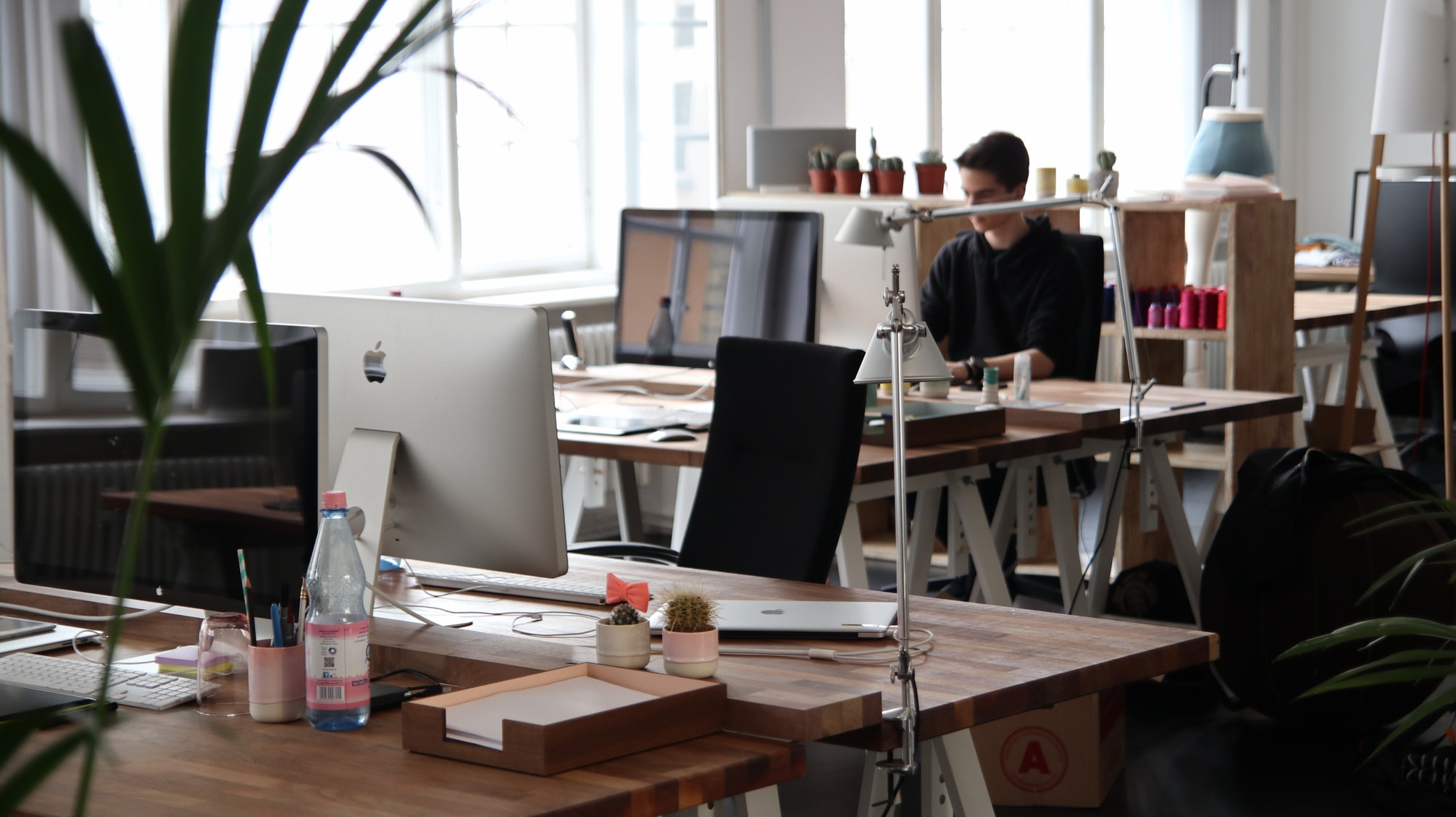Sustainability could be defined as a principle according to which no more should be consumed than can be replenished, regenerated or made available again in the future. Usually we think in macroscopic dimensions of our environment when it comes to sustainability. For me, however, sustainability begins on a much smaller scale, with myself and the sustainable use of my own personal resources, such as time, energy and knowledge. It is time to talk about relics from the industrial age and especially about how effective and sustainable the strict temporal and spatial separation of work and life (as if work were not life!) in terms of eight-hour work days really is.
For the majority of people in Germany and other industrialized nations, eight-hour work days are perfectly normal. Sometimes more than that, and for the more career-oriented colleagues the infamous extra mile on top. Of course, all of this in the office as otherwise nobody would notice the effort. Cult of presence wherever you look. If you add in the travel times, i.e. congestion times, in metropolitan areas, the working day then goes from 7 am to 7 pm. And for family, further education, sport, recreation there is just not enough time. Sustainability must wait. Until the weekend, until holidays, until retirement, until it’s too late.
There is more to life than increasing its speed.
Mahatma Gandhi
The eight-hour work day at a shared workplace is a relic from the industrial age. For knowledge work in times of digitization, this concept is neither appropriate nor sustainable. Knowledge work cannot be clearly defined and does not take place exclusively during working hours. And creativity rarely takes place in meetings. The decisive idea rather takes time and (after intensive examination of the topic) the human brain requires idleness in particular to produce this idea. A sensible balance between tension and relaxation is therefore crucial. And eight hours and more plus travel time is far beyond such a sensible and sustainable balance.
Various organisations are now recognizing this, although not all of them are as radical as Rheingans Digital Enablers, who introduced the 5‑hour work day at full pay and are nevertheless not less productive but rather very successful. Henrik Kniberg reports of a similar phenomenon where less input in terms of hours generates better output. As a coach, Kniberg keeps himself free of engagements for two days a week and achieves more with less time as a result of focussing on the most valuable things. Even extremely successful and presumably busy people like Elon Musk, Oprah Winfrey, Bill Gates, Warren Buffett and Mark Zuckerberg deliberately keep at least one hour per day free to read and educate themselves. And perhaps they are successful in the long term precisely because knowledge work also has something to do with knowledge and lifelong learning.
And then you have to have time to just sit there and look at yourself!
Astrid Lindgren
I now follow Steve Jobs’ rule of being at home with my family for dinner on most days. These periods in the evenings and on days when I take the children to kindergarten also corresponding times in the mornings are strictly booked in my calendar and I reject meetings in these periods on a regular basis. On the other hand, I don’t have a problem answering a few emails in the evening. Or is write blog posts at the weekend, an activity for which I anyway couldn’t tell whether it is part of my regular job or not.



